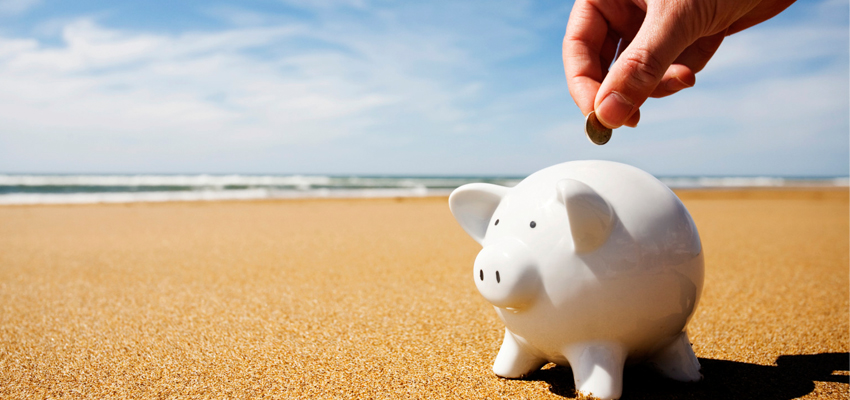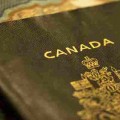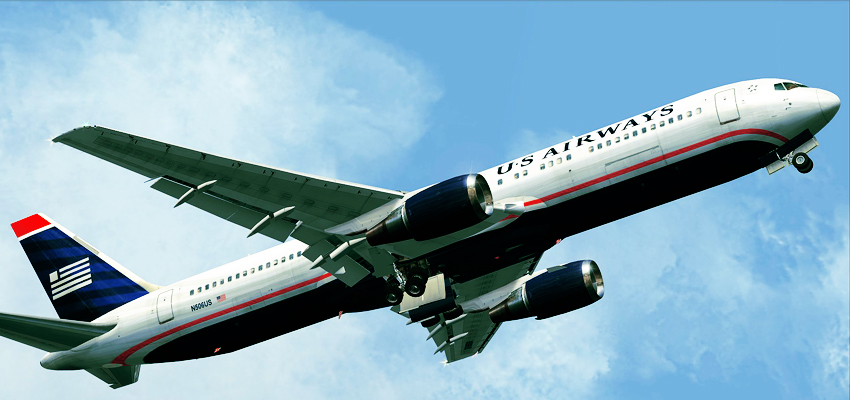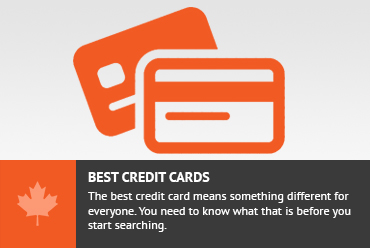Managing your finances at home is one thing; but how do you do it from the road if you’re travelling long-term? There’s a lot to oversee, from receiving and paying bills, to getting cash, filing taxes, and more. This month’s reader question is a biggie:
DEAR NORA: “I’m taking a year off to do a round-the-world trip. But I still have bills to pay at home – how do I do it? What’s the best way to get cash on the road? And how do I file my taxes? I’ll probably spend a few months in Australia. Should I open a bank account while I’m there? It’s all a bit overwhelming for me. Please help!” – Stephanie
Step One: Designate an Official Representative
The first thing you should do – if possible – is designate a friend or family member at home who can be your official representative. They’ll receive your mail and alert you if there’s anything important, and they’ll have all your information such as bank accounts and insurance policies on hand. Thus, if anything needs to be done that you can’t do from abroad, they can assist you and/or act on your behalf.
This goes beyond managing your finances; for example if you’re in a hospital abroad or if you’ve lost your passport, they can advocate for you from home if you need help.
If there’s nobody who can step up to the plate as your designated representative, consider using a virtual mailing service so you don’t miss out on receiving important documents in the mail.
Step Two: Eliminate and Automate Bills at Home
Next, eliminate all the extra “stuff” you can while you’re away by cancelling or suspending services. This also helps lower your expenses at home, which erode your travel budget.
For ongoing bills and debt payments that you can’t suspend during your travels, automate. Create automatic debits to pay regular bills on or before each due date. If necessary, create automatic transfers from your savings to the account from which payments are deducted a few days before the scheduled debits.
Step Three: Get Online, and Test the System
For varying bills, credit cards, and other finances that require active management while you’re away, register for online billing and banking. You’ll get an email when bills are due (reducing the mail your designated representative has to worry about), and you can pay bills directly from your bank account.
Set up and test all your automatic debits and online payment systems at least one month prior to your departure so you can travel assured that your finances will run smoothly.
To keep an eye on the bigger picture, manage bills, and ensure there’s always enough money in the right accounts to cover payments, you might want to use a free financial management service like Mint.com.
Step Four: Access Cash Smartly
You can access cash while travelling a few different ways, with a few different fees and degrees of ease. Here are some suggestions:
ATMs
When possible, use bank-owned ATMs instead of independently-owned ones, which carry additional withdrawal fees.
Never make an ATM withdrawal with your credit card unless there’s no alternative; cash advances carry ridiculous interest charges in addition to withdrawal fees.
Lastly, be careful of who is around when you use an ATM, and never let anybody see you enter your PIN.
Debit Purchases
Outside of North America, debit card purchases aren’t widely available, but it can be a cost-effective way to pay for things if your bank account allows free direct debit transactions. In some cases you can get extra cash out with a purchase, saving you ATM withdrawal fees. Again, make sure you shield your PIN code from onlookers when entering it.
Credit Card Purchases
I use my credit card whenever possible for a variety of reasons, not the least of which is frequent flyer mile accumulation and other travel rewards. It also provides a record of my purchases, I’m not held liable in the case of fraud, and with the right choice of card, I can minimize fees.
Here are some tips for travelling with credit cards, including pitfalls to beware of.
Opening a Bank Account Abroad
I don’t normally open bank accounts abroad. However if you’re spending more than six months in one place (especially if you’re working abroad), it may be worthwhile or necessary.
With a local bank account you can withdraw cash without foreign withdrawal and currency exchange fees. You can transfer money online from your home bank to your account abroad relatively inexpensively.
Consider the charges to open and maintain a bank account abroad, transfer money online, and your anticipated need for cash. Sometimes it’s cheaper and easier to just use ATMs with your foreign debit card.
Filing Taxes While Travelling
Depending on how long you’re travelling, you might need to file taxes while away. If you’re not earning income abroad, this can be relatively simple.
Know Your Accountant
Before leaving, have an accountant or book-keeper who has filed for you in the past and is familiar with your situation so you can comfortably communicate with them from abroad. You can sign paperwork that gives them the ability to communicate with CRA on your behalf.
Forward Income Slips
Your designated representative (or virtual mailing service) can forward your income slips to your accountant as they arrive. (Alternatively your accountant may be able to access your slips directly through CRA). It’s your responsibility to report freelance or worldwide income.
Email Records of Receipts
Keep an electronic record of your receipts with a spreadsheet or software program. Email your accountant this record of applicable tax deductions.
Voila! Your taxes can be filed electronically; income tax payable is transferrable from your bank account (by adding CRA as a “payee” in the bills section), and refunds are deposited directly. If your accountant needs you to sign anything it can be done electronically or via mail or fax.
For more on how to track your expenses, log receipts, organize your info, tax loopholes and regulations, and how to file from abroad, check out this massive guide: Everything You Need to Know about Filing Taxes From Abroad
You now have an overview of managing your finances while travelling long-term. Future articles in this series will delve into some of the specifics thereof. See you next month!
long-term travel, managing finances abroad











I am planning on doing some long term RVing as soon as I retire. Much of what you say makes sense, even if you never leave the house.
There are mail forwarding services that can send your mail to you anywhere in the country (or world). Relying on a friend you will be disappointed…
Hi No Nonense,
Indeed, depending on how much mail you have coming in, relying on a friend or family member can be onerous. Here’s a post I wrote about virtual mailing services in case you’re interested:
http://www.theprofessionalhobo.com/2014/02/financial-travel-tip-109-virtual-mailing-services/
These are great newbie tips. I find it useful to have a UPS box that serves as a ‘home address’ while being away. This reduces the mail hassle.
Btw just followed you on Twitter as well – great blog you have 🙂 Looking forward to connect!
Hi Mighty,
Yes – I’ve heard that some UPS stores offer mail forwarding services, which works well if you’re living in a place long enough (or reliable enough) to receive mail. Otherwise, a virtual mailing service can do the trick, allowing you to deal with your mail online through scans.
Thanks for following! 🙂